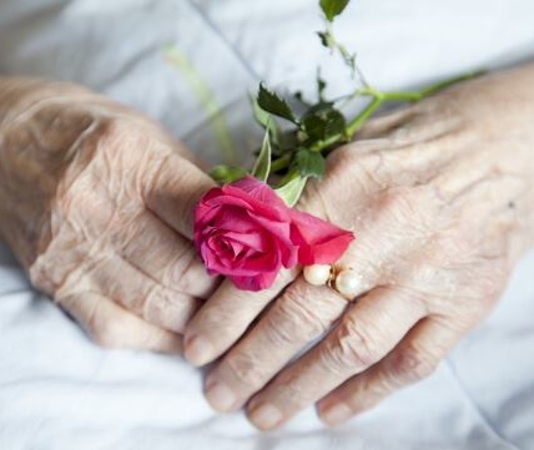Non-medical home care often includes the service of “medication reminders” for people who have prescription medicines to take. Medication reminders for the elderly are an important part of their well-being, especially those who have many medications with differing schedules.
Who Needs Medication Reminders?
Many elderly people would benefit from regular reminders to take their medications. Some people are living with cognitive impairment due to some form of dementia or trauma and truly cannot remember to take a pill. Some simply have complicated pill regimens that are difficult to keep track of. An elder with an irregular or “as-needed” pill schedule may need a reminder that they have medication that can help with an infrequent problem.
Medications often come with crucial instructions such as taking them at a certain time of day, with or without foods, taking them with or without certain liquids, or keeping them at specific temperatures. Each of these needs to be adhered to for the medicine to work or minimize possible side effects. Elders may need assistance to keep all of these factors correct, especially if they need multiple medications.
Reminders vs. Assistance vs. Administration
There are a few approaches to ensure that an elder has received their medications correctly.
Medication reminders are just that: someone telling you or a loved one that it is time to take a pill or a spoonful of medicine. These are what our dedicated caregivers offer as a part of our elder care services.
Skilled nursing services might include medication assistance in which a nurse or other appropriately trained person gives someone their medicine; this might include placing a pill on their tongue when they are unable to do so for themselves.
Medication administration begins with opening the container; therefore, our caregivers cannot administer medication.
Why Medication Reminders Are Vital
According to the Centers for Disease and Prevention (CDC), between 2011-2014, 48.9% of people used at least one prescription drug in the previous 30 days. A Mayo Clinic study found that 20% of Americans are on five or more prescription medications. Other statistics show that most older Americans take at least one medication per day to manage a chronic illness.
When someone skips a dose or takes their medication incorrectly, consequences range from a lack of improved health to extremely harmful side effects. After a hospital discharge, there are often important medications to take—even for the short-term—that can mean the difference between healing at home and readmittance.
When someone is routinely available to remind a person to take their medicine, it can keep them safe at home.
Setting Up Medication Reminders for Seniors
The most important part of senior medication reminders is choosing something that will work for the person who needs the medication. Here are a few ways you can set up reminders:
- Alarm. Whether on an app or an alarm clock, more tech-savvy elders will appreciate alarms for medication reminders. These are attention-grabbing and easy to set up but may be frustrating for seniors who don’t do well with technology. A caregiver can program technology such as Homewatch Connect ™ to provide medication reminders at the perfect times.
- Medication reminder chart. Set up a chart in the bedroom or near the kitchen table. These charts are good for people who need a visual reminder but may not work for forgetful elders who don’t stick to filling in the chart.
- Pill case reminders. From weekday pill sorters to a pill bottle timer cap, there are plenty of pill organizers that can help people keep track of doses. Or, ask your pharmacist how to get medications in blister packs for a built-in reminder.
- Verbal reminders. If you see your loved one every day, you can verbally remind them when it’s time for medication. However, this won’t work if you’re not around for every scheduled medication time.
Round-the-clock Care Supports Seniors with Medications and More
For those seniors who need supervision and/or reminders to take their medication, we recommend our elder care services. A dedicated caregiver will help elders adjust to any new medications and keep track of what they need to take and when. This relieves strain on the elders in our care, freeing them up to enjoy time with loved ones without worry.
Call 888-404-5191 or submit our online form to schedule your complimentary consultation.





